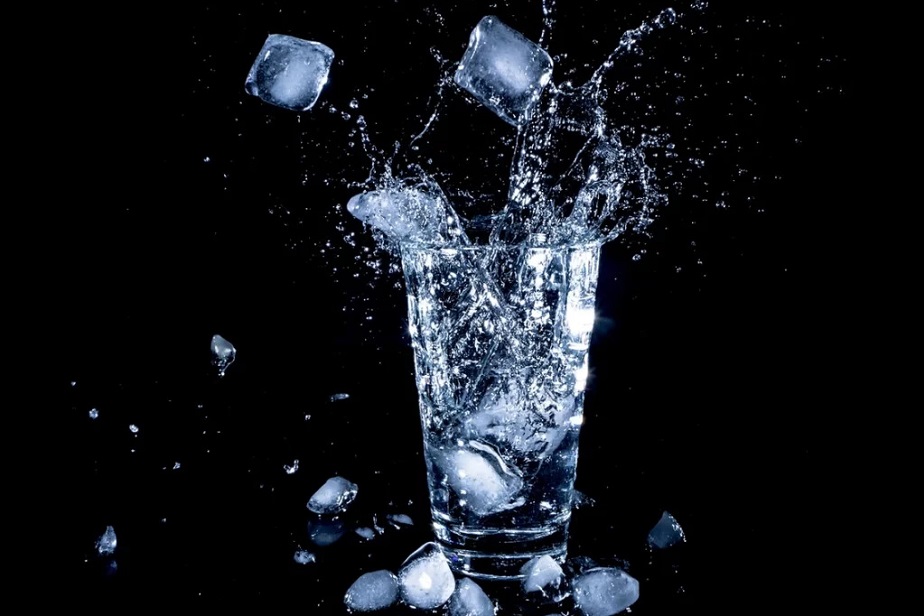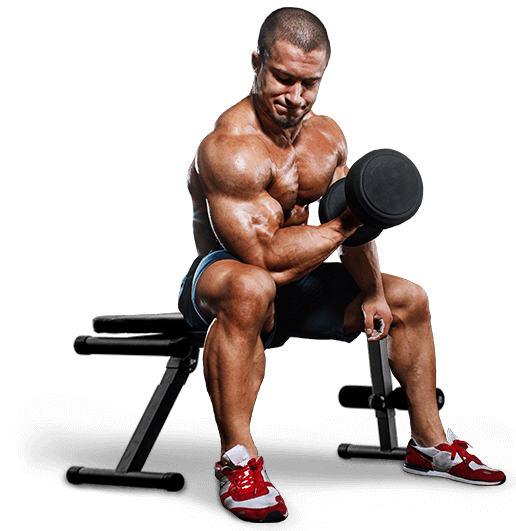Get Science Backed Information you can Trust
Healthier SideUp is the single destination for all the must-reads you will ever need. Make the most of our research-backed fitness knowledge summarised into bite-sized learning.

Humans have a vital requirement for water. This essential nutrient serves as the primary medium for all metabolic reactions within the body. It gives structure to our cells, keeps our joints and tissues lubricated, transports nutrients and waste products, and helps regulate body temperature.
The benefits of proper hydration cannot be overstated. Regular fluid intake, especially plain water, is one of the simplest and most cost-effective ways to improve health and well-being over the long term. Adequate hydration has been shown to have a significant impact on renal, cardiovascular, and endocrine health, and may even play a role in preventing obesity.
The amount of water an individual needs can vary. For example, individuals with obesity may require more fluid than those who are not obese, due to factors such as metabolic rate, body surface area, and body weight. However, the National Academy of Medicine provides general guidelines for adequate fluid intake, with the recommended amount being 3.7 litres per day for men and 2.7 litres per day for women.
The rate at which the body absorbs fluid from food and beverages can be influenced by several factors. The process of water absorption mainly occurs in the small intestine and is important for everyone, but may be of special concern for athletes who are considering how much fluid to drink before, during, and after exercise.
The speed of fluid absorption is determined by the gastric emptying rate, or how quickly fluid leaves the stomach. This rate is influenced by factors such as the volume of fluid in the stomach, the calorie content of the fluid, and the body's current energy expenditure.
In general, a larger volume of fluid in the stomach tends to lead to faster gastric emptying. This relationship holds true until about 600 mL, after which the rate may plateau. Individual tolerance can vary. Refilling the stomach regularly with larger amounts of fluid instead of drinking smaller amounts continuously can improve gastric emptying. However, drinking a large volume of fluid in a short amount of time immediately after exercise is not recommended.
Plain water is more rapidly emptied from the stomach and absorbed in the intestine compared to fluids with electrolytes or calories. Despite this, even high doses of fluids containing electrolytes or calories are likely to be filtered quickly, as the body's regulation system may identify them as excessive water intake.
Fluids are crucial for both aerobic performance and optimal muscle tissue maintenance during exercise. Dehydration leads to elevated levels of urea, indicating that water deprivation results in body tissue breakdown. Chronic underhydration can increase catabolism even when protein intake is sufficient.
Research suggests that people who consistently have low body water levels are at a higher risk of developing serious chronic conditions such as type 2 diabetes, kidney disease, and metabolic syndrome, which involves abdominal obesity, insulin resistance, hypertension, and ongoing inflammation. The hormone AVP appears to affect liver glucose production, glycogen breakdown, insulin secretion, and insulin sensitivity.
For exercises that last more than 2 hours or in high heat conditions, it's crucial for exercisers to be optimally hydrated, neither too hydrated (with excess total body water) nor dehydrated (at a deficit). This is especially important if fluid loss from sweating will be substantial, as sodium loss through sweat will also likely be high. Maintaining optimal hydration, referred to as euhydration, is believed to improve anaerobic performance and at the very least will not have a negative impact, unlike excessive or inadequate fluid intake.
Starting an endurance activity with dehydration impairs performance: The water shortage increases cardiovascular stress, elevates heart rate, and heightens the sensation of perceived exertion for the same level of effort. The impact and discomfort are exacerbated in high temperatures.
Dehydration, especially when it exceeds a loss of 2% body weight, decreases performance in endurance exercise and shortens the time until exhaustion. Anaerobic endurance, muscle strength, and power all decline as well.
Proper hydration is essential for maintaining good health and ensuring optimal body function, including enhancing cognitive abilities and concentration. To maintain hydration levels, it is advisable to keep a water bottle nearby and regularly drink fluids to prevent thirst.
Healthier SideUp is the single destination for all the must-reads you will ever need. Make the most of our research-backed fitness knowledge summarised into bite-sized learning.
